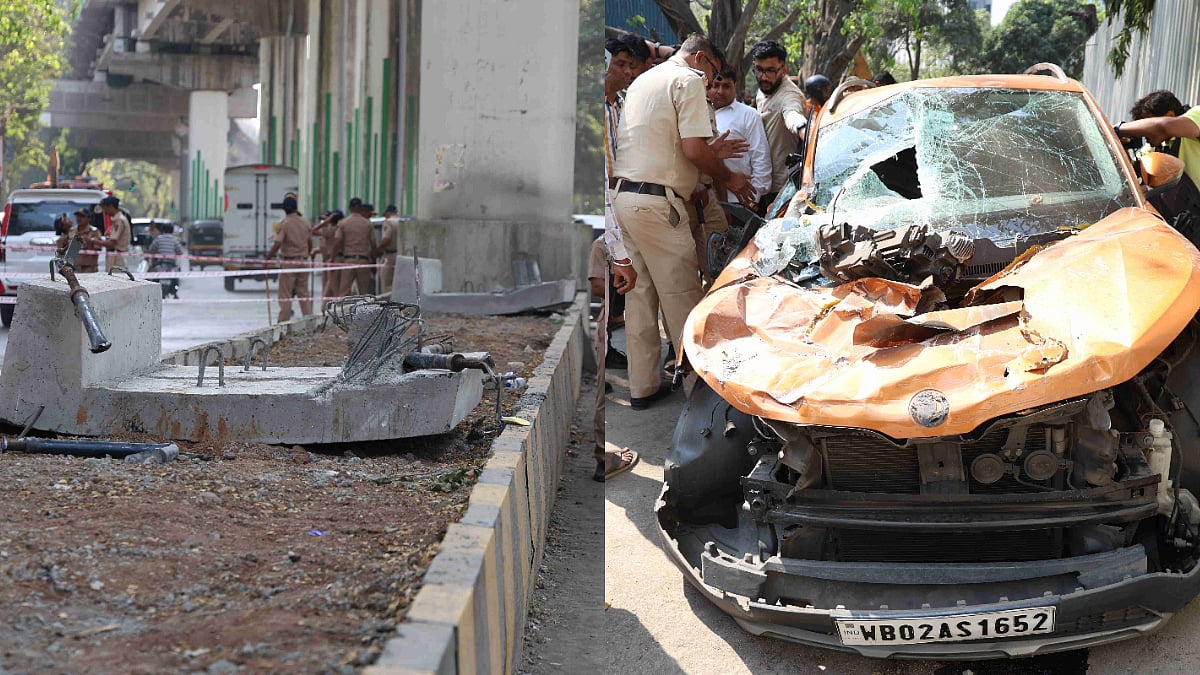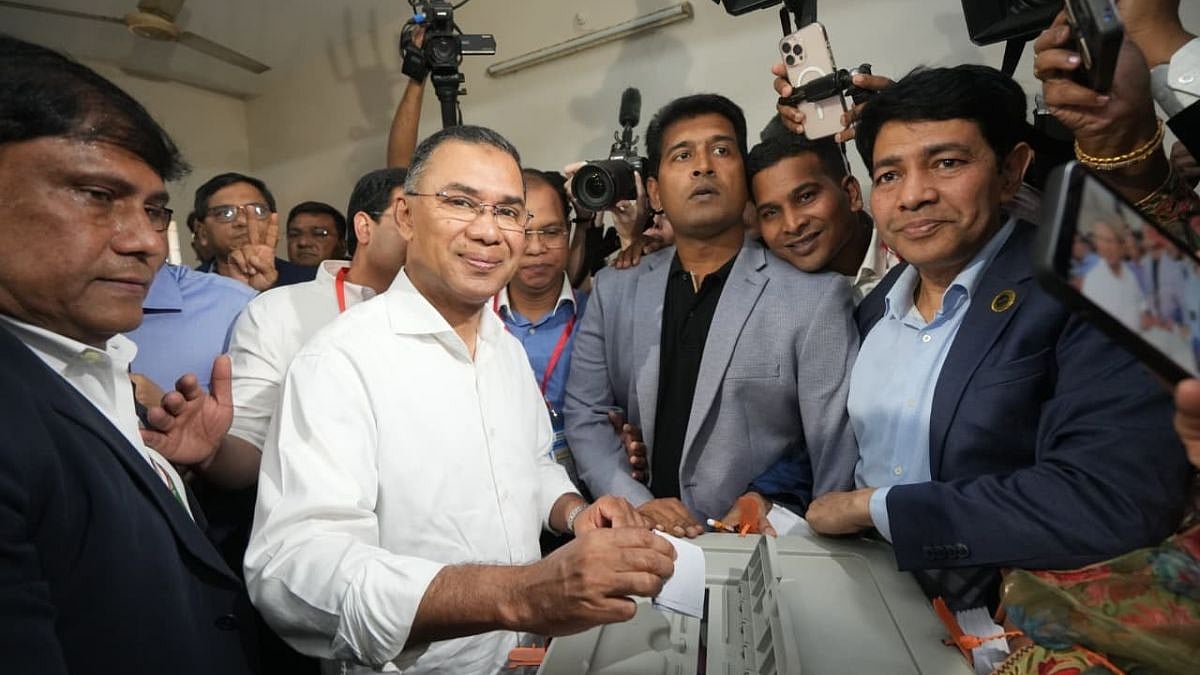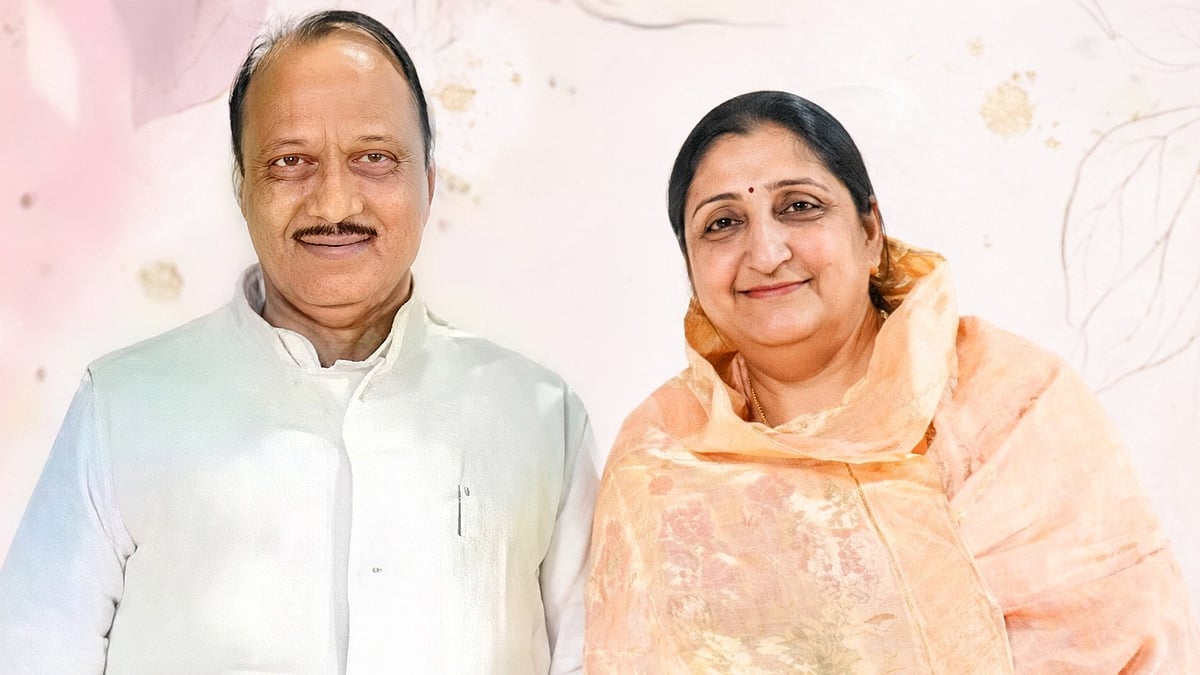‘It must take courage,’ my book editor said, ‘to produce a child in today’s world.’
‘Or a kind of foolishness,’ I laughed.
But deep down, I wasn’t laughing. This was before the war in Israel and Gaza, but after Ukraine and Russia, after Kashmir, after China and Tibet, after so many catastrophes, disclosed and undisclosed, in this country and beyond.
Even then, just weeks ago, enough was going wrong. Now, everything feels dire, more on the verge of a kind of shattering.
This is the world our children have entered, one that is barely a world. More like a crazed battle zone where there are no victors, no huzzahs, where the blood flows, and it must flow, and the flow won’t stop.
I’m listening to news broadcasts and panel discussions on earphones while my son sleeps by my side. The voices are loud, fists banging on tables; there are calls for moral equivalency; there are judgements passed about good and evil.
I’m waiting for a different kind of word. I’m waiting for compassion.
I wait.
What do you do when the world splinters? When babies are maimed, and when mothers are bombed? When child after child after child after child is wiped off the face of the planet?
You grieve. You grieve with every woman who grieves, with every parent you don’t know and know, because you, too, have been acquainted with grief of some measure. You are aware.
I do not send my son to school. And I don’t for many reasons, but also because increasingly I have come to believe that our children—those who have been spared battle and blood; those who are fortunate enough to know life—need less of a wounding world. Less.
This isn’t about cloistering.
This is about carving out safe spaces, tiny, as tiny as two people holding on, in the midst of the chaos and madness that is the planet.
This is about creating oases, no larger than a room, where at least while the kids are growing, while their brains are still grappling with mixed feelings, we, their attachment figures, can gift them the stuff that matters—consent and unconditional regard and proximity.
This is about knowing deeply, while choosing the path, that even if the mess generated by roughly two hundred nations cannot be set right, not by us, not by anyone at this juncture, there is something that can be done. We can shift the language, and thus the story, that exists between two people, parent and child.
I do not send my child to school because increasingly I have come to believe that if, now, when he’s vulnerable, I enforce separation, I foist control, I bear witness as his heart hardens, and call that hardening a kind of resilience, I cannot expect him as an adult to extend grace.
Too much has gone wrong.
And so I believe—and I must believe—that in infusing even one child’s life with freedom and security, I can create ripples wide enough, strong enough, to impact the world.
If not today, tomorrow. If not right now, at a later hour. Perhaps.
There is enough to support the view. The butterfly theory, some would call it.
I choose to speak of Sarah Blaffer Hrdy.
Blaffer Hrdy, a primatologist, says that fish reared across generations in total darkness—like the characins of Mexico—display either degenerated vision or a total loss of sight; some are even without eyes. It’s a matter of economics. ‘Unused traits no longer favored by natural selection are lost while somatic or neurological resources are diverted for uses elsewhere’.
If generation after generation of humankind is reared in conditions that go against the laws of attachment, that privilege separation and performance and ruthless competitiveness, that shun tenderness and glorify a hardening of the heart, something is bound to shift irrevocably.
Something is shifting. Already.
As with cave fish denied eyes, mankind will devolve into a race without empathy.
It is happening.
Right this minute. It’s happening.
And I whisper—I shouldn’t speak, my son sleeps, but I whisper—let it stop.
For god’s sake, let the wounding stop.
Dharini Bhaskar is the author of These, Our Bodies, Possessed by Light. Her next novel Like Being Alive Twice is being published by Penguin Random House in 2024









